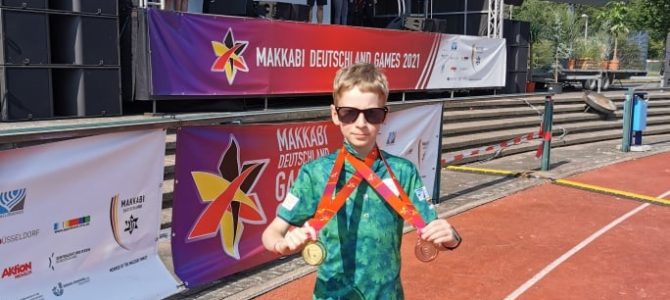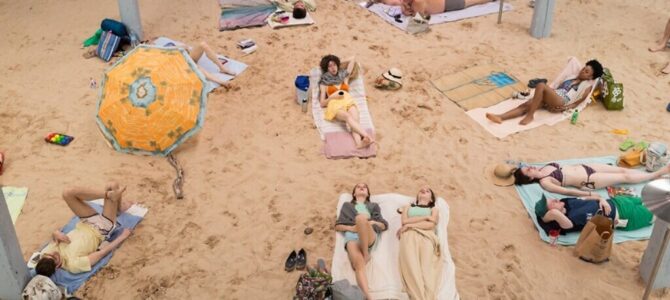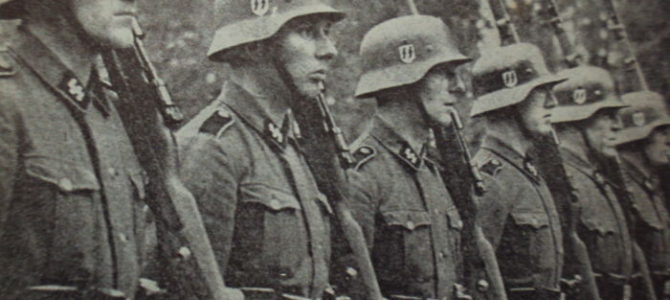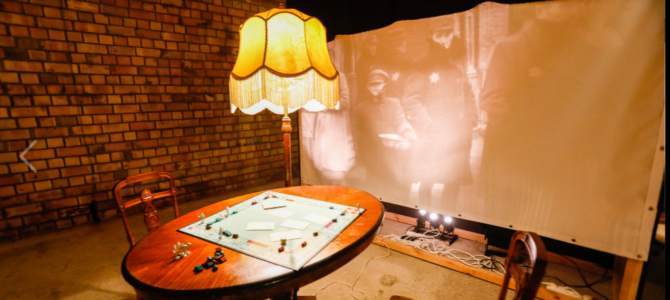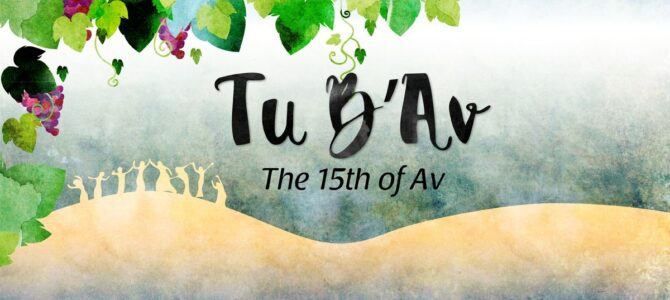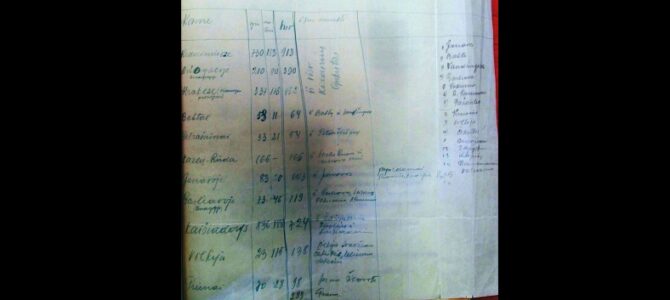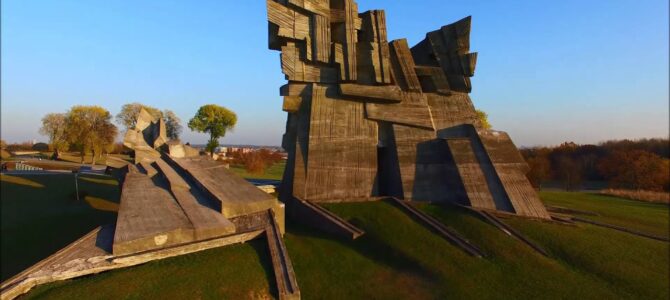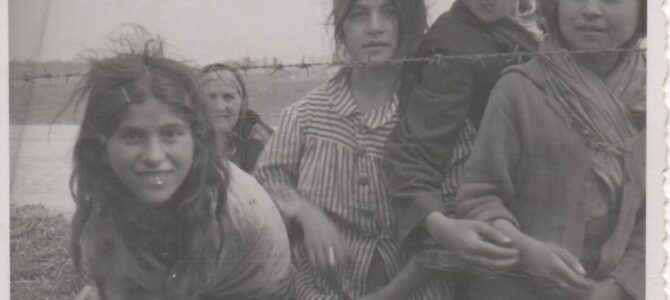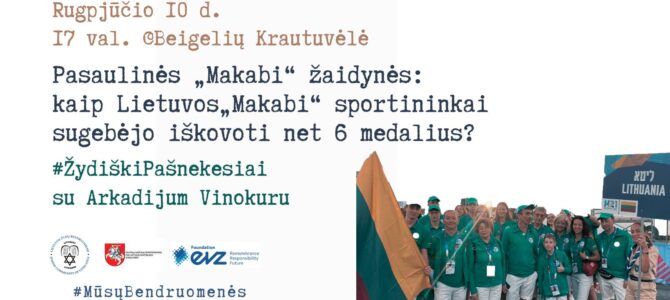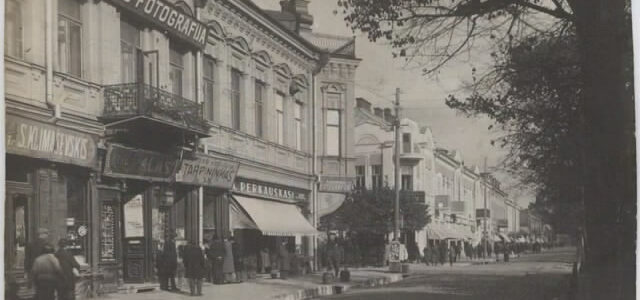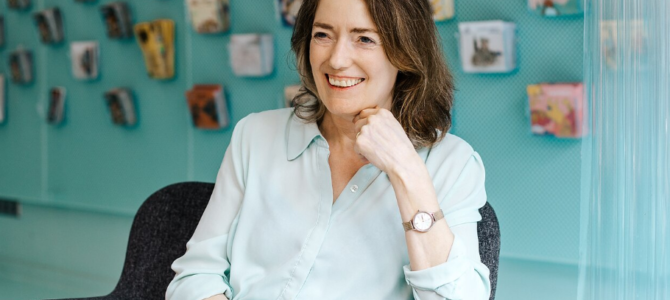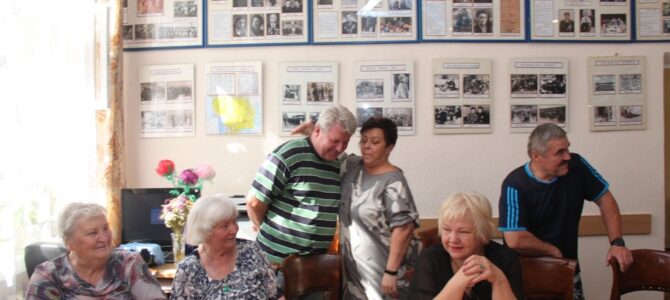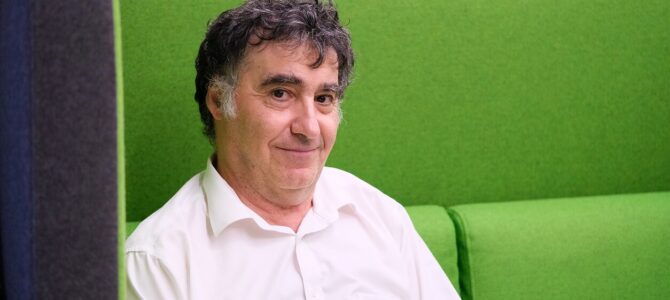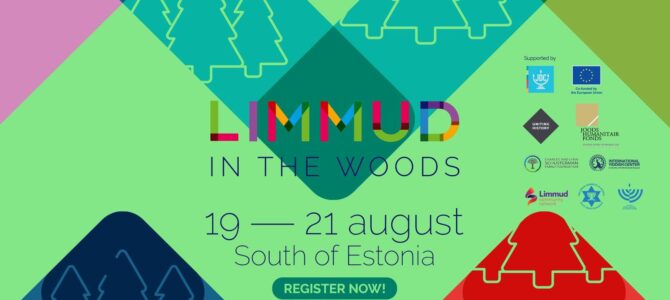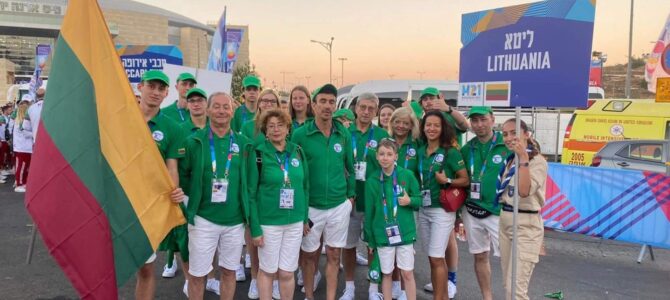I’d like to present a person who, as Lithuanian Makabi president Semionas Finkelšteinas says, performed a small miracle at the recently finished World Maccabiah Games in Israel.
Daniel Šer is the silver medal winner in the junior chess competition. Daniel is 13, but he was playing against 16, 17 and 18-year-olds. A silver medal which just missed becoming gold by a hair, since Daniel collected the same number of points with the gold medal winner from the USA, and according to the rules, a tie like that means other indicators are taken into account, something is always kind of a lottery, and this time it wasn’t in our favor.
It was a great competition, very good results and a very high assessment not just for the medal won, but also because news reached us that the organizers of the competition and the chief referee sent the final results to the International Chess Federation along with the request to present Daniel the title of candidate master for his excellent playing in the competition.


